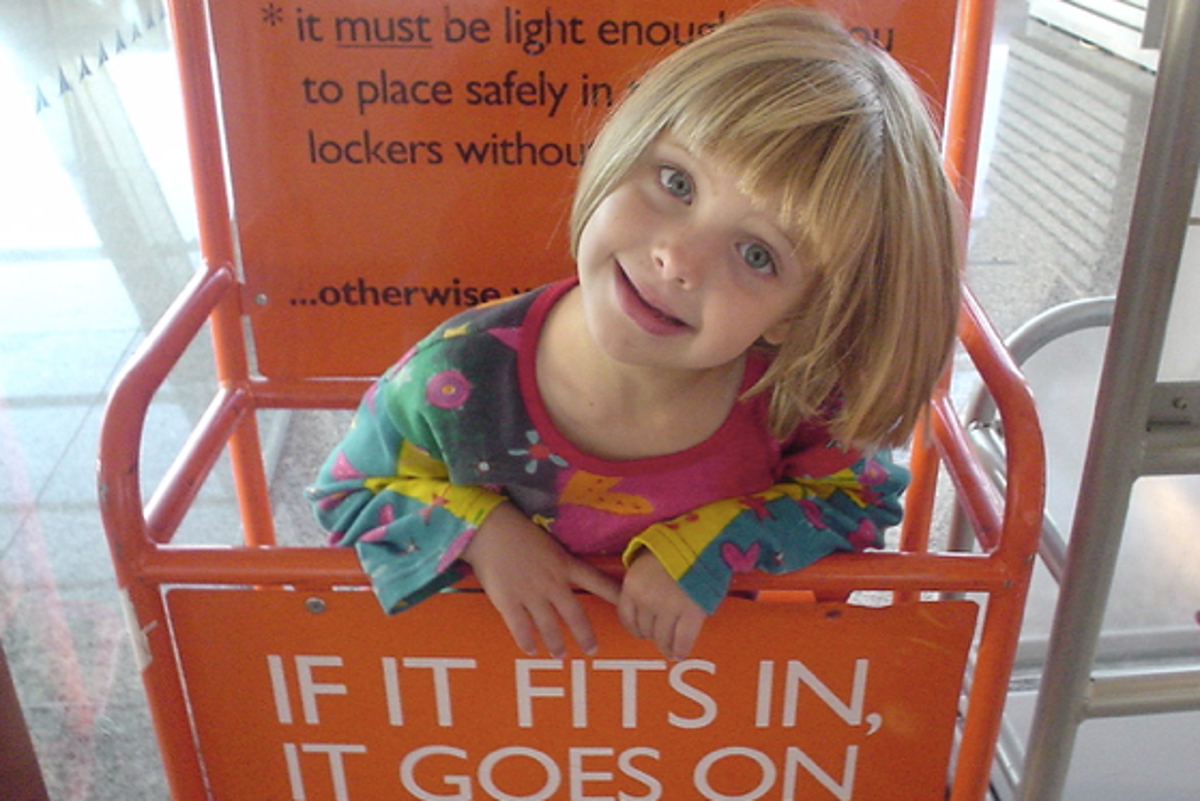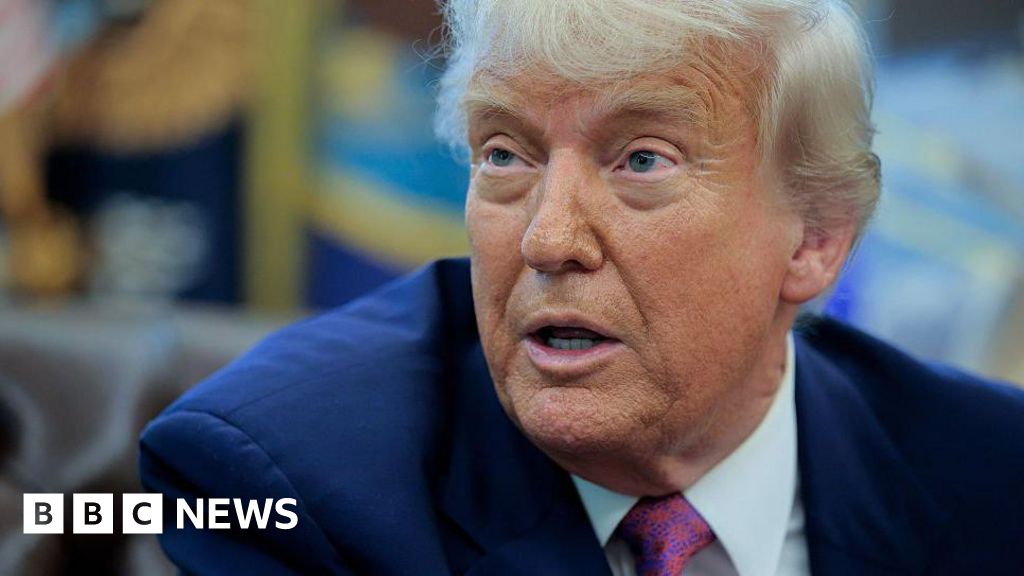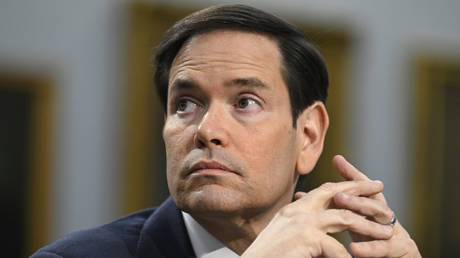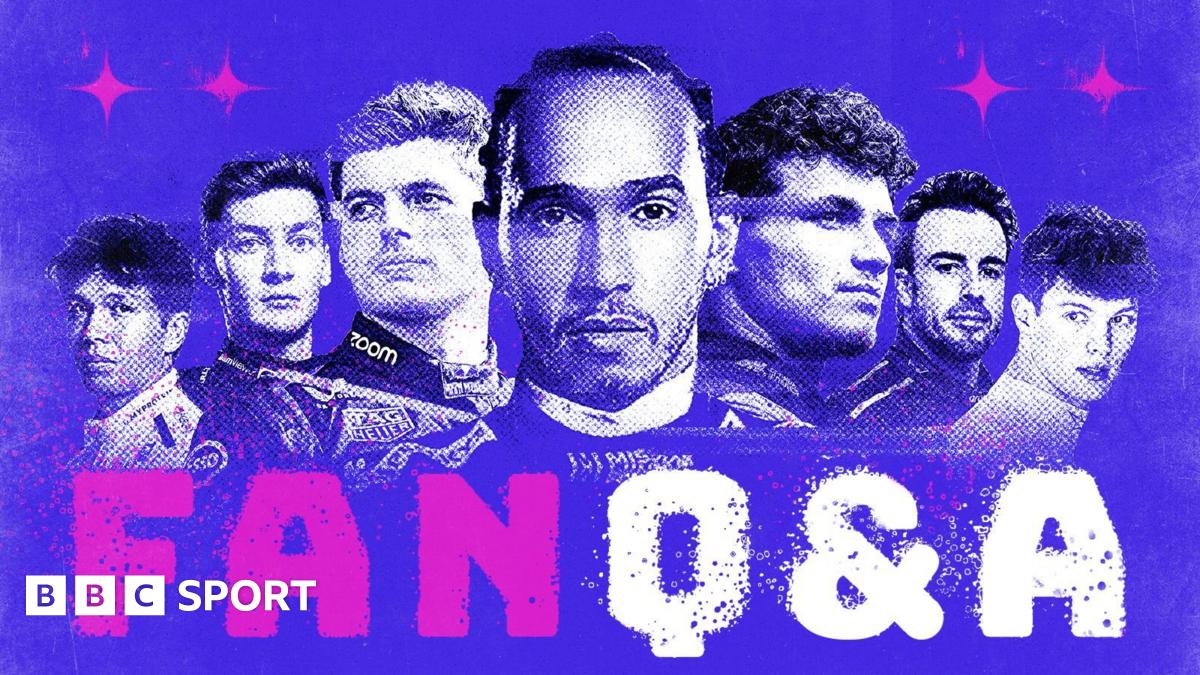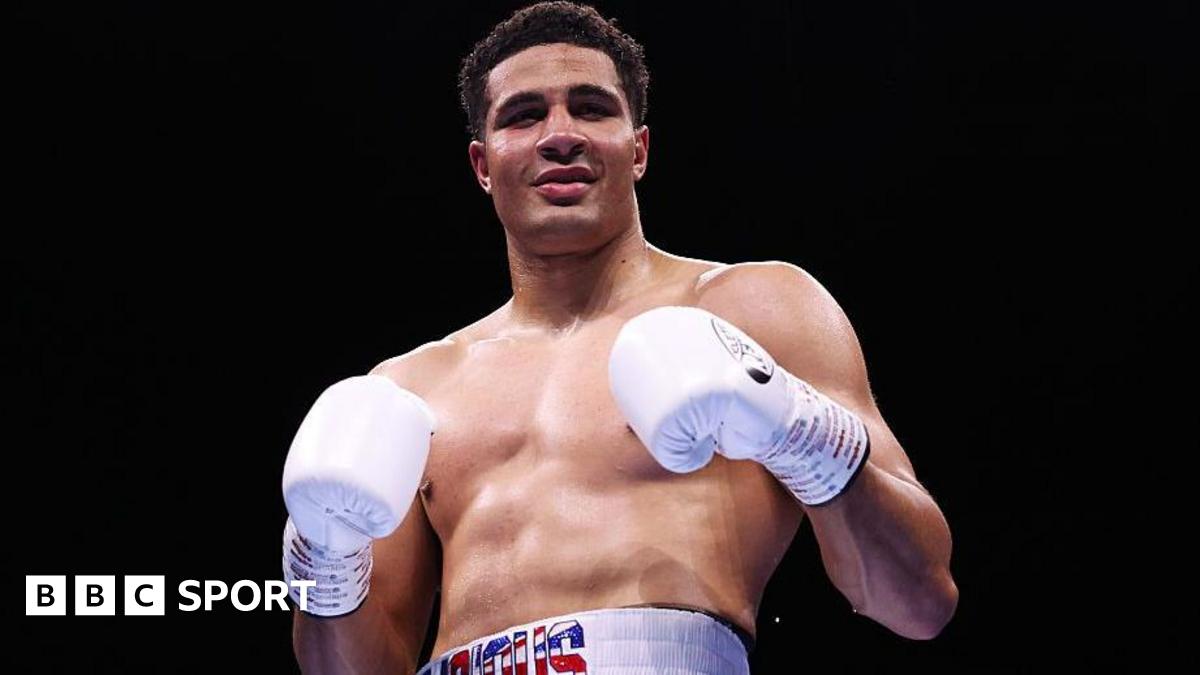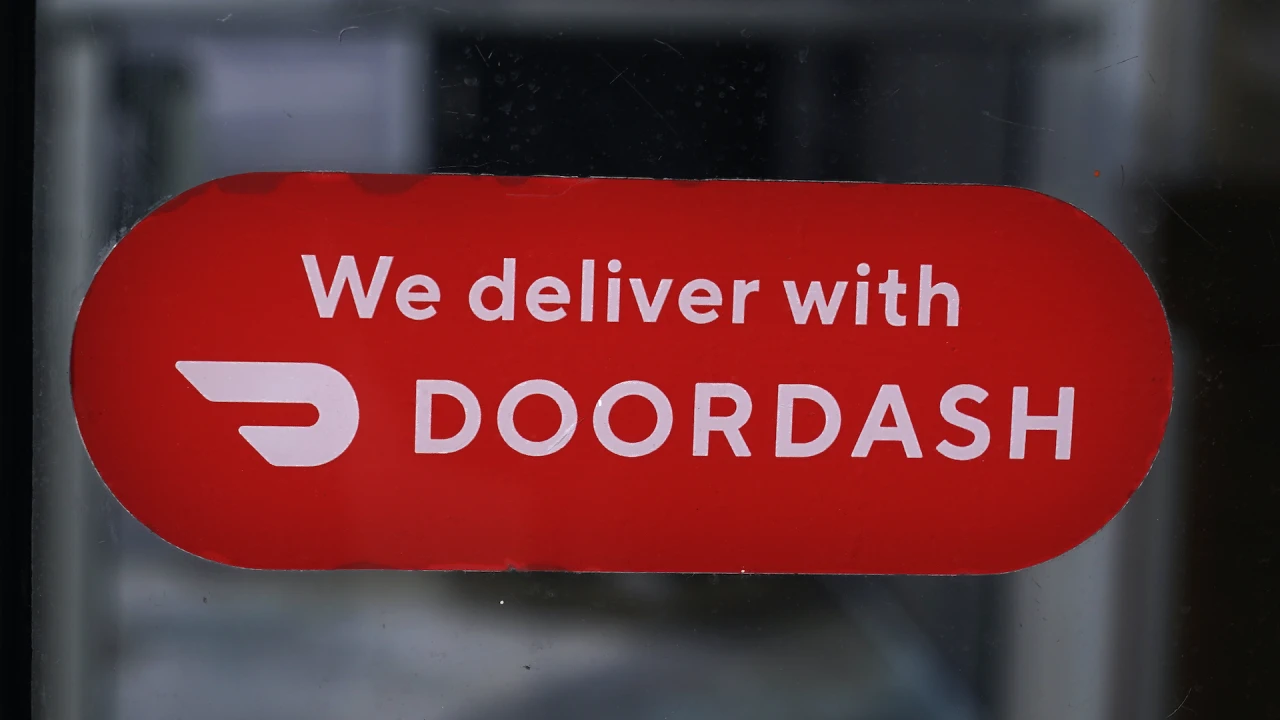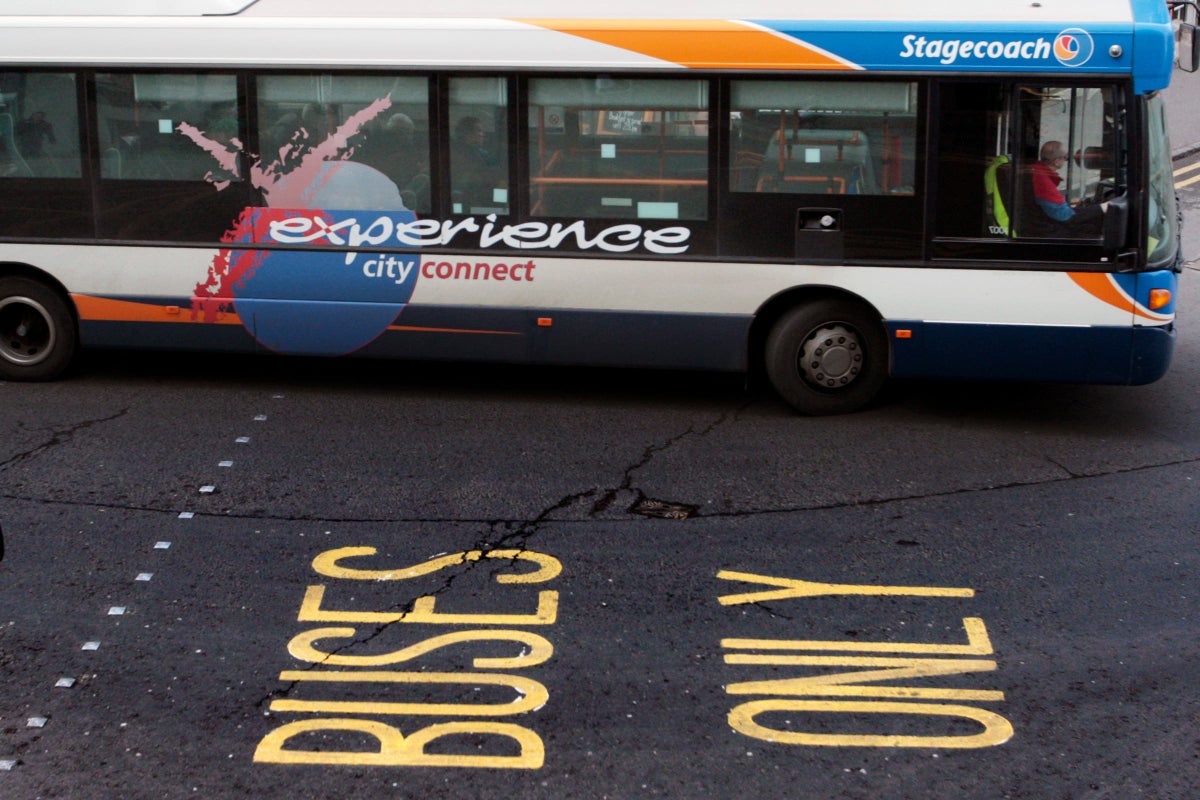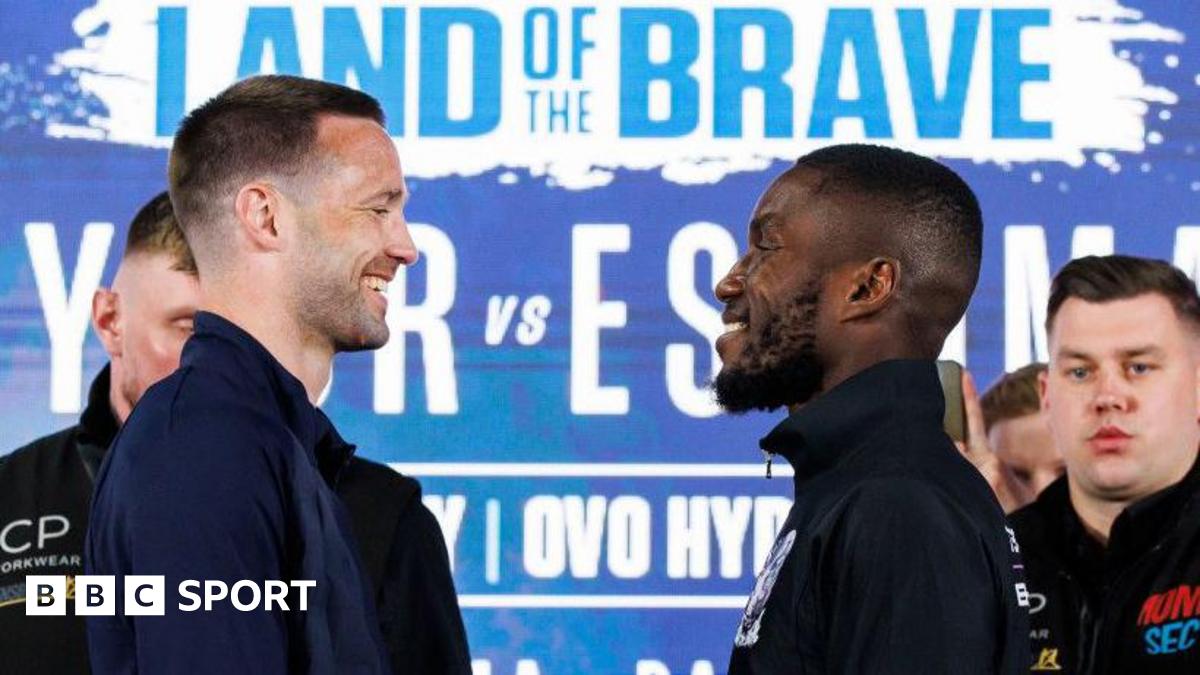Data is democratizing ethical consumption

Growing up in rural Northern California and later serving in the military, stationed in Mississippi, I experienced firsthand the stark disparities in access to quality goods. Even finding fresh, local produce often meant bypassing the grocery store for a farm stand because the desired options simply weren’t stocked. In many communities I lived in and visited, the available choices were severely limited, creating a significant market gap that persists today. This isn’t just a social issue I observed; it’s a massive missed revenue opportunity for retailers who are overly focused on saturated urban markets while overlooking the immense potential waiting in rural and Middle America.
This gap is critical as consumer packaged goods (CPG) undergoes a seismic shift. NYU Stern reports that about 33% of CPG growth now stems sustainability products, despite these representing only 18.5% of market share. This reflects a nationwide desire for products aligning with personal health, environmental consciousness, and ethical sourcing. A 2022 NielsenIQ study found that 78% of U.S. consumers say a sustainable lifestyle is important to them. The demand isn’t coastal; it’s cultural, and a significant portion of it, particularly in America’s Heartland, remains largely untapped.
The ethical consumption gap
The challenge for businesses aiming to capture this values-based shopper demographic is twofold. First is a physical distribution gap. Potential customers in underserved areas often can’t find healthier, more ethical product options locally, despite attempts to seek them out. My own experiences shopping at military exchanges highlighted this. The quality difference compared to civilian stores in metro areas could be drastic, driven by the need to offer lower prices. Second is a digital discovery challenge. Even when better options are available, shoppers struggle to verify claims about manufacturing processes, ingredients, and supply chains, making them hesitant to purchase.
This all contributes to the ethical consumption gap: A growing divide between what people want to buy and what they can actually access because of legacy systems in both supply and search.
High-end players and e-commerce giants have made strides with programs like Amazon’s Climate Pledge Friendly, where products with certifications for health and sustainability are highlighted to shoppers with a green leaf. But what about the millions of Americans relying on dollar stores, regional chains, or even local military exchanges? The real opportunity sits with these retailers serving the everyday consumer.
The landscape has changed
Historically, understanding complex supply chains and verifying product attributes was a costly and manual process. Today, technology allows for automated data collection and verification, enabling retailers to efficiently identify, vet, stock, and promote products that meet specific standards. This democratization of data has transformed a logistical headache into a powerful competitive advantage.
Yet retailers remain tethered to old approaches and often overlook rural markets. This isn’t because of lack of interest but rather outdated merchandising models that haven’t adapted to the decentralized discovery journey. Consumers today don’t wait for a store reset to find what they want. They search, scroll, and share. If your products aren’t showing up in that journey, you’re invisible.
Retailers must recognize the changed consumer landscape and use data to understand their entire customer base, not just rely on assumptions about location or price sensitivity. The belief that Heartland consumers only care about price is often misguided. The reality is that many want healthier options but lack access to them. With these insights, retailers can invest in merchandising programs that highlight trustworthy products, educate their customers, and build trust. Think a dedicated section like Clean Beauty at Target or data-backed labeling like Raley’s Shelf Guide.
The digital shelf in particular offers a low-risk entry point as retailers can significantly expand their online assortments with verified, values-driven products without immediately overhauling physical store layouts. Analyzing online sales from specific regions can then provide the confidence needed to introduce these products into the physical stores where demand is proven. This approach directly addresses the distribution challenge while meeting consumers online, where they increasingly begin their discovery journey.
Design for unmet values-based demand
Fintech revolutionized access to banking for rural and underbanked populations with mobile tools and data-driven personalization. Retail has the same opportunity if it stops building its future assortment based only on past point of sale data and starts designing for unmet values-based demand.
Concerns about cannibalizing sales or tight margins miss out on attracting new customer segments, especially younger, growth-driving demographics who may currently bypass these stores. It’s about growing the pie and maintaining relevance as preferences evolve. Offering these products isn’t just about ethics; it’s smart business, tapping into a proven growth category.
Retailers, especially those serving rural communities, need to embrace their role in democratizing access to better products. By leveraging data, they can bridge the information and distribution gaps, empowering people in all communities to make choices that align with their values. This isn’t just about catering to an elite niche; it’s about recognizing the universal desire for healthier, more responsible consumption and making it accessible at all price points and locations.
By transforming product deserts into engines of growth, retailers can unlock new revenue streams and build lasting customer loyalty. More importantly, they can contribute to a more equitable and inclusive marketplace where everyone, regardless of ZIP code and income level, has the power to choose healthier products. The future of retail isn’t just urban, upscale, or algorithmic. It’s rural, values-driven, and ready. Whoever closes the ethical consumption gap first won’t just gain loyalty—they’ll redefine retail relevance for the next decade.
Kimberly Shenk is cofounder and CEO of Novi Connect.
What's Your Reaction?
 Like
0
Like
0
 Dislike
0
Dislike
0
 Love
0
Love
0
 Funny
0
Funny
0
 Angry
0
Angry
0
 Sad
0
Sad
0
 Wow
0
Wow
0



